How Medical Marijuana Can Help Treat Mental Health Conditions
Mental health conditions, such as depression, anxiety, and post-traumatic stress disorder (PTSD), are increasingly common in today’s society. While traditional treatments, such as psychotherapy and medications, are often effective, some individuals may find that medical marijuana can provide additional relief.
Medical marijuana is a form of cannabis that has been approved by a doctor for the treatment of certain medical conditions. It is typically administered in the form of an oil, tincture, or edible. While it is not a cure-all, research suggests that medical marijuana can be beneficial in treating certain mental health conditions.
For example, studies have found that medical marijuana can help reduce symptoms of depression and anxiety. It has been shown to reduce stress levels, improve sleep, and reduce feelings of hopelessness. Additionally, medical marijuana has been found to be effective in treating PTSD. It can help reduce flashbacks, nightmares, and other symptoms associated with the disorder.
Medical marijuana is not without its risks, however. It can interact with certain medications and can cause side effects such as dizziness, nausea, and fatigue. Additionally, it can be habit-forming and can lead to addiction if not used responsibly. Therefore, it is important to consult with a doctor before using medical marijuana to treat a mental health condition.
In conclusion, medical marijuana can be an effective treatment for certain mental health conditions. It can help reduce symptoms of depression, anxiety, and PTSD. However, it is important to consult with a doctor before using medical marijuana, as it can have potential risks and side effects.
The Benefits of Medical Marijuana for Pain Management

Medical marijuana has been used for centuries to treat a variety of ailments, including pain management. In recent years, the use of medical marijuana for pain management has become increasingly popular due to its potential to provide relief from chronic pain without the use of potentially dangerous pharmaceuticals. This article will discuss the potential benefits of medical marijuana for pain management.
The primary benefit of medical marijuana for pain management is its ability to reduce inflammation. Inflammation is a natural response to injury or illness, and it can cause pain and discomfort. Medical marijuana has been found to reduce inflammation, which can help to reduce pain and improve overall quality of life. Additionally, medical marijuana has been found to reduce the intensity of pain signals sent to the brain, which can help to reduce the severity of pain.
Medical marijuana has also been found to be effective in treating neuropathic pain, which is a type of chronic pain caused by nerve damage. Neuropathic pain can be difficult to treat with traditional medications, but medical marijuana has been found to be effective in reducing the intensity of this type of pain.
Medical marijuana has also been found to be effective in treating chronic pain caused by conditions such as fibromyalgia and multiple sclerosis. These conditions can cause severe pain and discomfort, and medical marijuana has been found to be effective in reducing the intensity of these symptoms.
Finally, medical marijuana has been found to be effective in treating pain caused by cancer and its treatments. Cancer treatments such as chemotherapy and radiation can cause severe pain and discomfort, and medical marijuana has been found to be effective in reducing the intensity of these symptoms.
In conclusion, medical marijuana has been found to be effective in treating a variety of types of pain, including chronic pain, neuropathic pain, and pain caused by cancer and its treatments. Medical marijuana has been found to reduce inflammation, reduce the intensity of pain signals sent to the brain, and reduce the intensity of chronic pain caused by conditions such as fibromyalgia and multiple sclerosis. For these reasons, medical marijuana is an effective option for pain management.
Exploring the Role of Medical Marijuana in Treating Cancer
The use of medical marijuana in the treatment of cancer is a topic of increasing interest among medical professionals and patients alike. While research into the efficacy of marijuana in treating cancer is still in its early stages, there is evidence to suggest that it may be beneficial in certain cases. This article will explore the potential role of medical marijuana in treating cancer, including its potential benefits and risks.
The active ingredients in marijuana, known as cannabinoids, have been found to have anti-tumor properties. Studies have shown that cannabinoids can inhibit the growth of certain types of cancer cells, including those of the breast, lung, and prostate. Additionally, cannabinoids have been found to reduce the side effects of chemotherapy, such as nausea and vomiting. This could potentially make it easier for patients to tolerate the treatment and improve their quality of life.
However, it is important to note that the research into the use of medical marijuana in treating cancer is still in its early stages. While the potential benefits are promising, more research is needed to determine the safety and efficacy of marijuana in treating cancer. Additionally, the long-term effects of marijuana use are still unknown.
It is also important to consider the potential risks associated with medical marijuana use. Marijuana can have psychoactive effects, which can be dangerous for patients with certain mental health conditions. Additionally, marijuana use can impair cognitive function and motor skills, which can be dangerous for patients undergoing cancer treatment.
In conclusion, while the potential benefits of medical marijuana in treating cancer are promising, more research is needed to determine its safety and efficacy. Additionally, patients should be aware of the potential risks associated with marijuana use. Ultimately, the decision to use medical marijuana in treating cancer should be made in consultation with a qualified medical professional.
Examining the Impact of Medical Marijuana on Addiction Recovery
The use of medical marijuana has been a controversial topic in recent years, with many people debating its potential benefits and drawbacks. However, one area that has not been widely discussed is the potential impact of medical marijuana on addiction recovery. This article will examine the evidence for and against the use of medical marijuana in addiction recovery, and discuss the implications for those seeking to overcome substance abuse.
The primary argument in favor of medical marijuana for addiction recovery is that it can provide an alternative to more dangerous substances. Many people who are addicted to drugs or alcohol turn to marijuana as a safer option, as it is not associated with the same risks of overdose or other serious health complications. Additionally, marijuana has been found to have some potential therapeutic benefits, such as reducing anxiety and depression, which can be beneficial for those in recovery.
On the other hand, there are some potential drawbacks to using medical marijuana for addiction recovery. For example, marijuana can be habit-forming, and it can be difficult to stop using it once it has become part of a person’s daily routine. Additionally, marijuana can impair judgment and decision-making, which can be dangerous for those in recovery who are trying to stay away from drugs and alcohol.
Overall, the evidence suggests that medical marijuana can be beneficial for some people in addiction recovery, but it is important to consider the potential risks and drawbacks before making a decision. Those who are considering using medical marijuana should speak to a qualified healthcare professional to ensure that it is the right choice for them. Additionally, it is important to remember that medical marijuana should not be used as a substitute for traditional addiction treatment, such as counseling and support groups.
In conclusion, the use of medical marijuana in addiction recovery is a complex issue that requires careful consideration. While there is evidence to suggest that it can be beneficial for some people, it is important to weigh the potential risks and drawbacks before making a decision. Ultimately, it is up to the individual to decide whether or not medical marijuana is the right choice for them.


